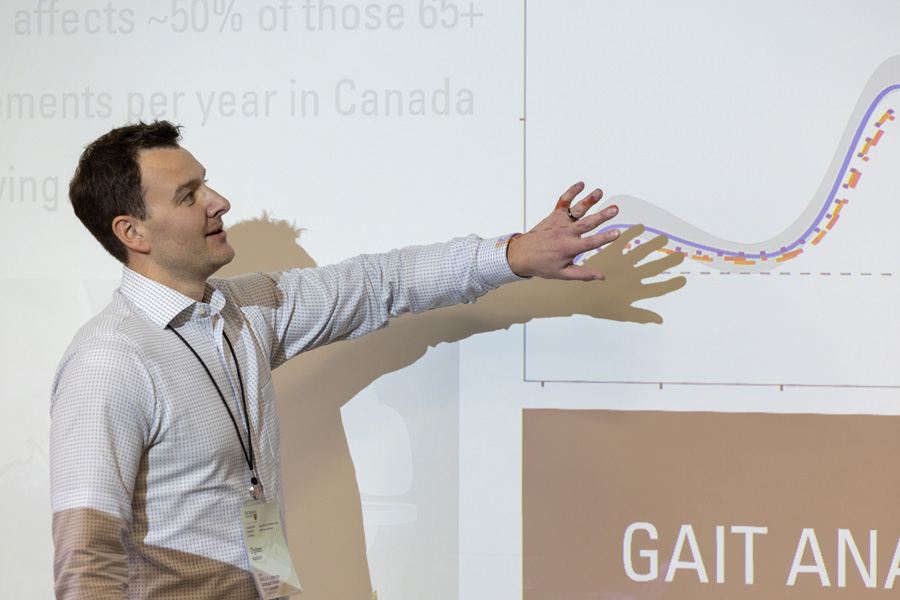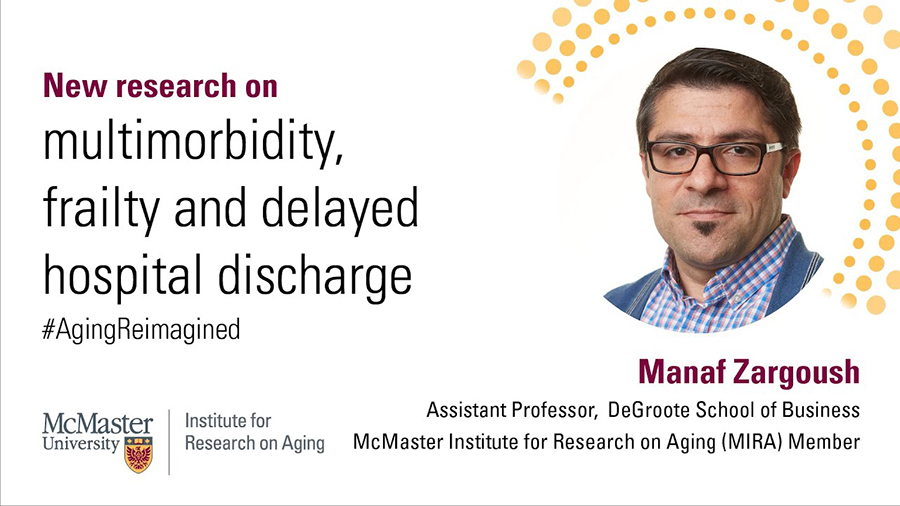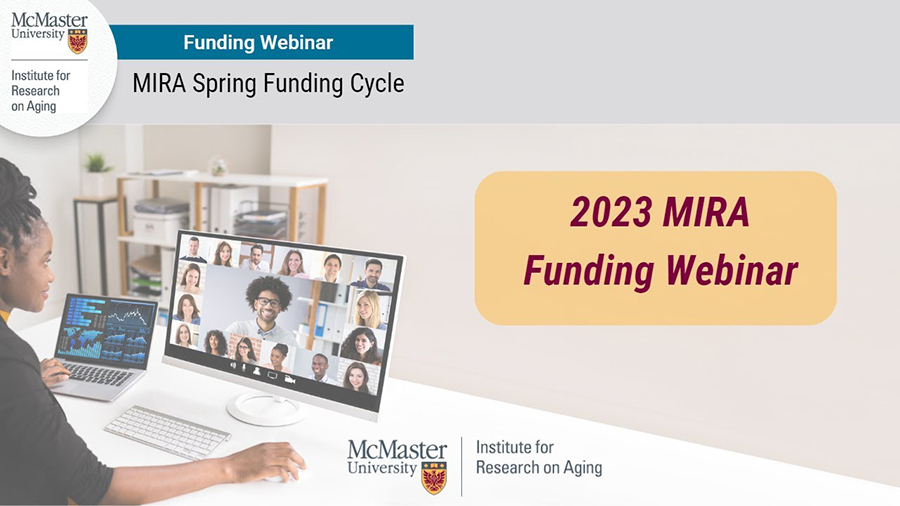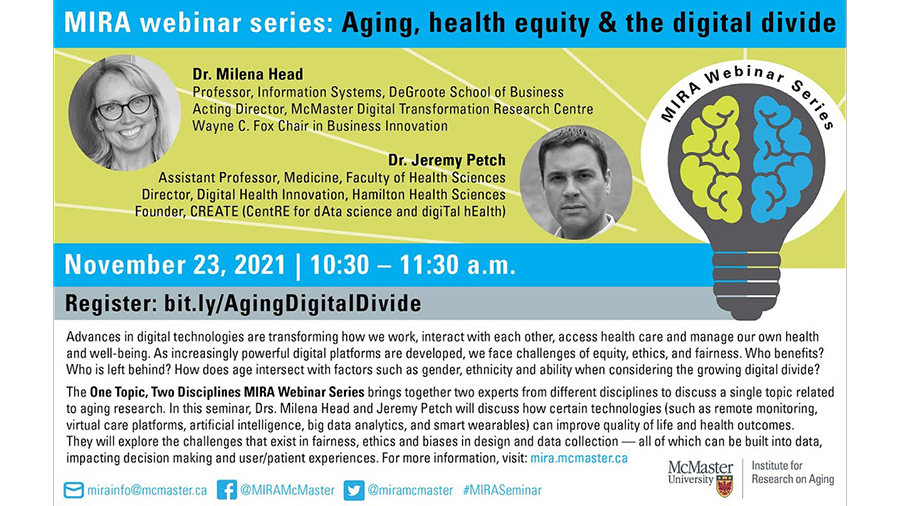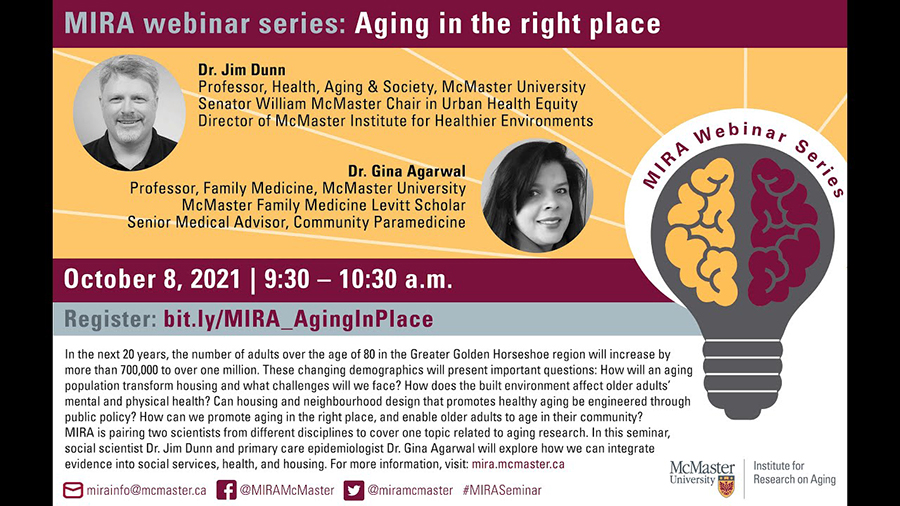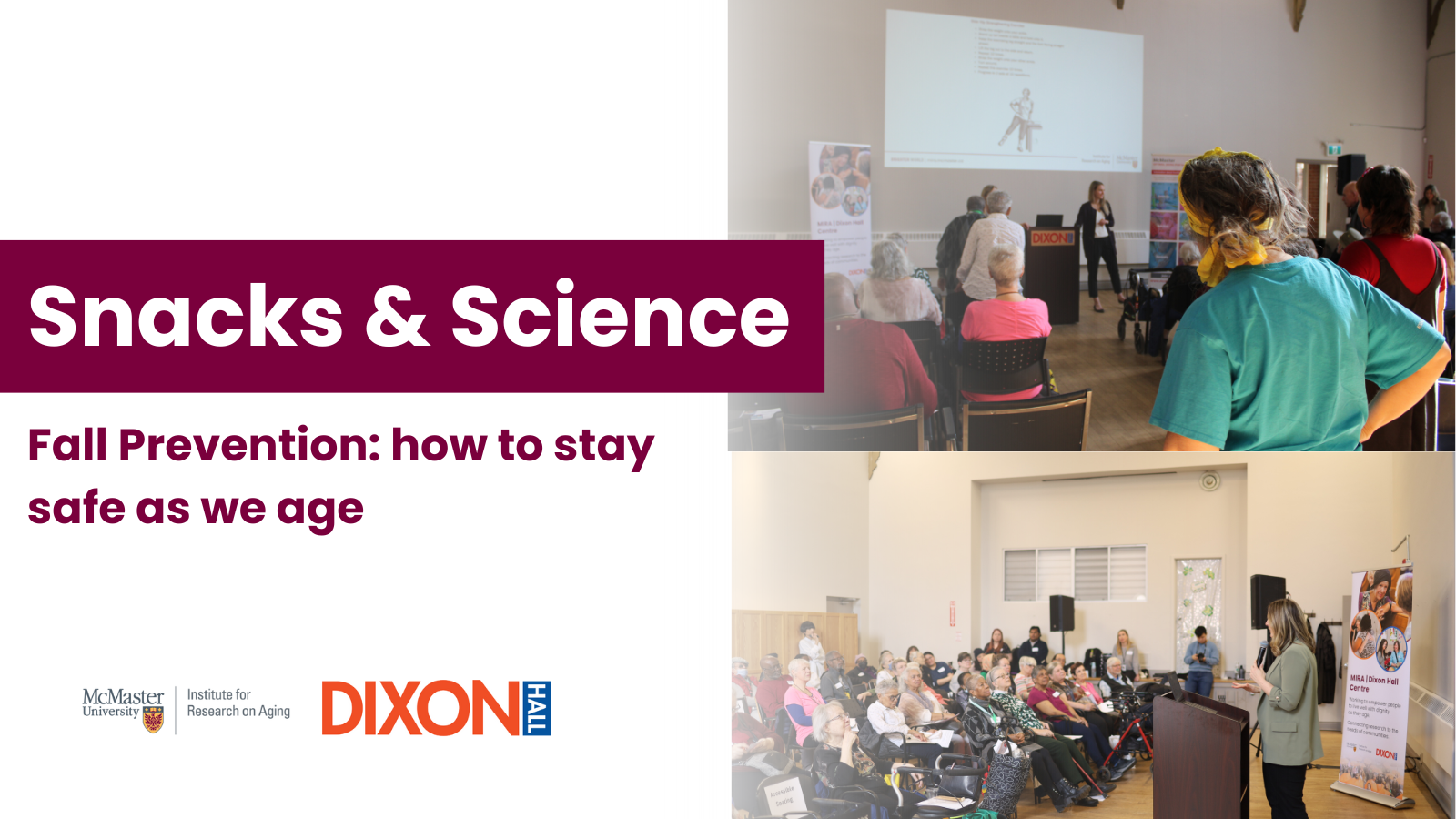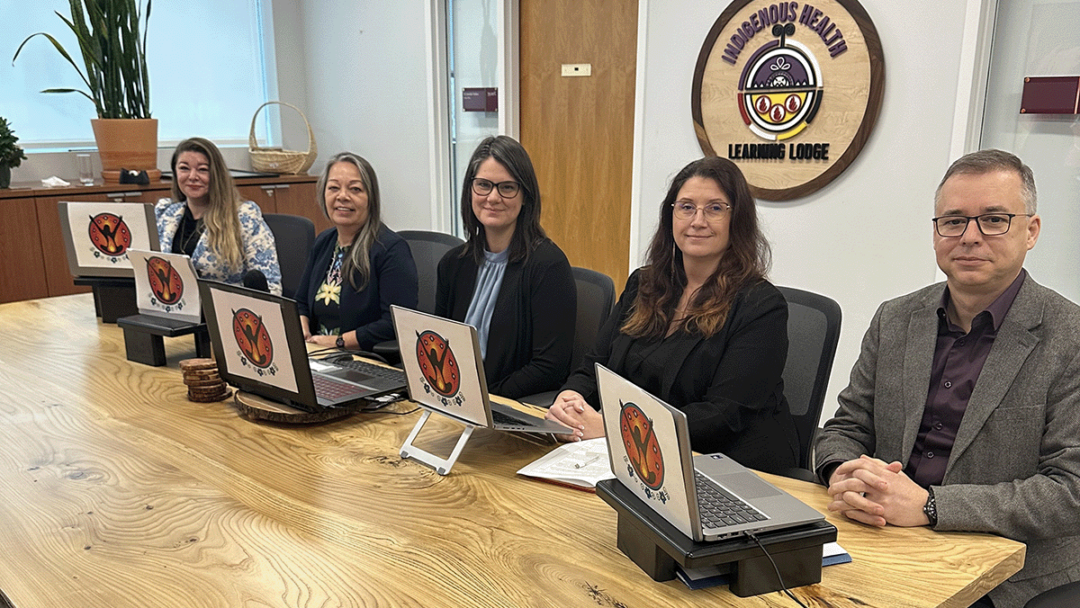Labarge Centre for Mobility in Aging
The Labarge Centre for Mobility in Aging (LCMA), studies how the biological, behavioural, technological and environmental aspects affect individual and community mobility in older adults — to optimize the well-being of Canadians.
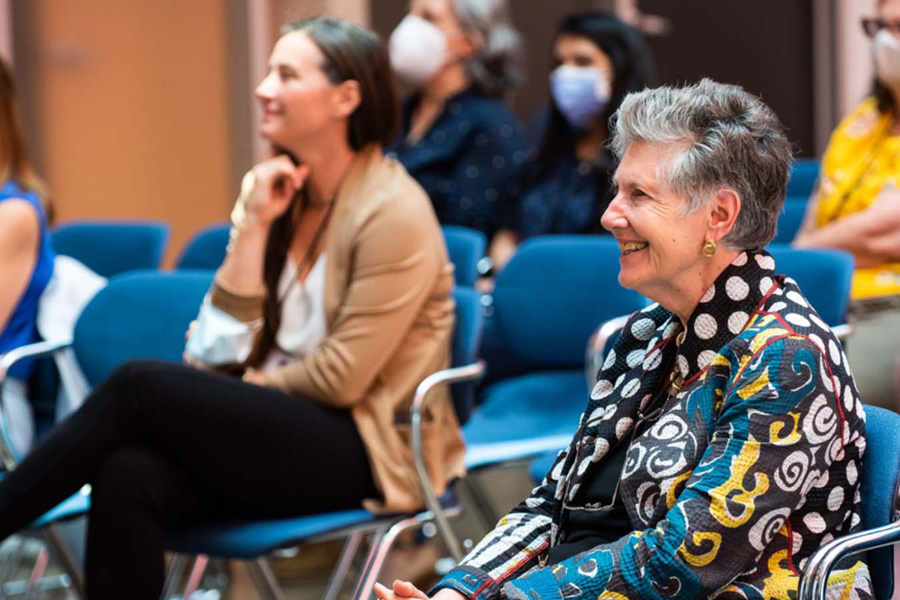
Empowering older adults
The LCMA was created in 2016 to facilitate and amplify research that mitigates the risks and consequences of declining mobility with age. Located within the McMaster Institute for Research on Aging, and built on the groundwork supported by the Labarge Optimal Aging Initiative and Labarge Foundation, the Centre fosters interdisciplinary research approaches to all aspects of mobility in aging, including:
- Biological and physiological contributors;
- Behavioural, cognitive and psychosocial influences;
- Biomedical, clinical and technological innovations;
- Availability of prevention, rehabilitation and management strategies for mobility challenges; and
- Environmental components, such as social, economic, policy and physical/structural factors.
Through the generosity of Suzanne Labarge, McMaster’s strength in aging research has been magnified to develop evidence-based interventions that will impact the lives of today’s aging population.
Why Mobility?
Sometimes called the sixth vital sign, mobility is critical to healthy aging.
Interactions between biology, the built environment and social factors combine to impact older adults’ mobility, which can affect physical and mental health as well as social and economic independence.
However, few studies have looked at these interactions across multiple levels. By better understanding the broad range of issues associated with mobility in aging, we have the potential to optimize the well-being of Canadians while reducing health and social costs.
Related Projects
The Labarge Centre for Mobility in Aging supports ambitious research across all aspects of mobility in aging. The LCMA has supported dozens of Catalyst Grants in Mobility in Aging, graduate scholarships, and postdoctoral fellowships. In addition the LCMA has supported the development of MIRA’s Major Programs of Research and Strategic Initiatives, below:
Videos
Updates and presentations on the work of the LCMA, researchers and trainees.
Related Funding
Funding for MIRA members and trainees interested in all aspects of mobility in aging.
In order to improve the positioning of McMaster’s researchers in external funding competitions, MIRA and the Labarge Centre for Mobility in Aging have allocated funding that may be used to match or leverage external funds. This process is intended to be used for requests related to externally funded, peer-reviewed grant competitions that require a matching component.
Deadline
- Rolling
Labarge Catalyst Grants in Mobility in Aging offer the opportunity to conduct collaborative and interdisciplinary research focused on mobility in aging. Mobility is broadly defined to include physical, social and community aspects; proposals may consider intrinsic and extrinsic barriers to mobility, execution of daily activities and participation in society. These grants are intended to stimulate new collaborations and allow researchers to conduct feasibility/pilot studies, scaling of interventions and/or collect preliminary data to support future proposals for full-scale studies. A minimum matching contribution of $5,000 (up to $2,500 may be in kind) is required.
Deadline
- This competition is currently closed
Funding
- Up to six awards of $40,000 (one per Faculty)
Related Projects
Our Research
MIRA and Labarge funding has supported many bold research projects to optimize the health and longevity of older adults.
our research